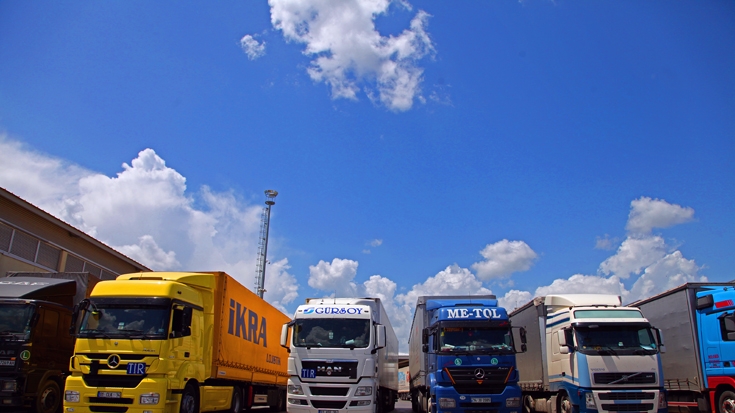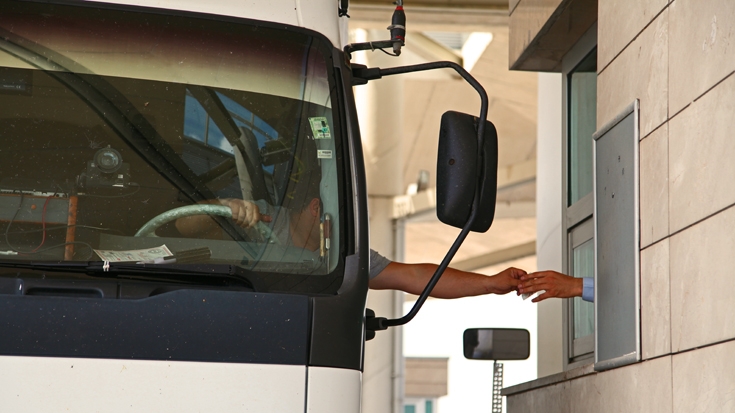The report, entitled “Evaluation of the EU-Turkey Customs Union,” was funded by the European Commission and highlights the impacts on trade and investment since the agreement’s implementation in 1995.
“We have 72 billion US dollars of goods exported from Turkey to the European Union and half of it is generated by European countries and their companies which have investments in place in Turkey,” says Cetin Nuhoglu, President of the International Transporters’ Association which represents the Turkish international road freight transportation sector.
The Customs Union evaluation finds that both Turkey and the EU enjoy higher trade under the Customs Union than they would under a free trade agreement. But, despite the dramatic increases in bilateral trade, the report shows that changes in the global economy have exposed needs that the Customs Union must now address.
“The European Union is signing lots of free trade agreements with different countries, but these countries are not signing FTA’s with Turkey,” says Mustafa Mente, Secretary General of the Turkish Exporters Assembly, an umbrella association providing services to nearly 60,000 export companies.
“These countries are able to reach Turkish markets without any customs duty, and without any quotas, but Turkish companies are facing high customs duties,” Mente adds.
Specifically, the evaluation shows the need to formalize parallel negotiations on Free Trade Agreements with third countries, as well as the need to expand the trade arrangement beyond most industrial goods to include agriculture and services.
The report also looks at challenges to greater trade between Turkey and the EU, including transport quotas, business visas, and trade defense instruments – and makes recommendations about how to overcome existing obstacles.
“Whenever we talk about the need to improve the Customs Union, our stance is not only about advocating for the interests of Turkey. It is advocating for the interests of Europe as well,” says Can Baydarol, a Turkish Expert on trade with the EU.
The evaluation concludes with a simple message: improvements to the EU Turkey Customs Union – designed to adapt to the growth in global trade, the increasing role of emerging market economies and the EU’s eastward expansion – would help both parties.

